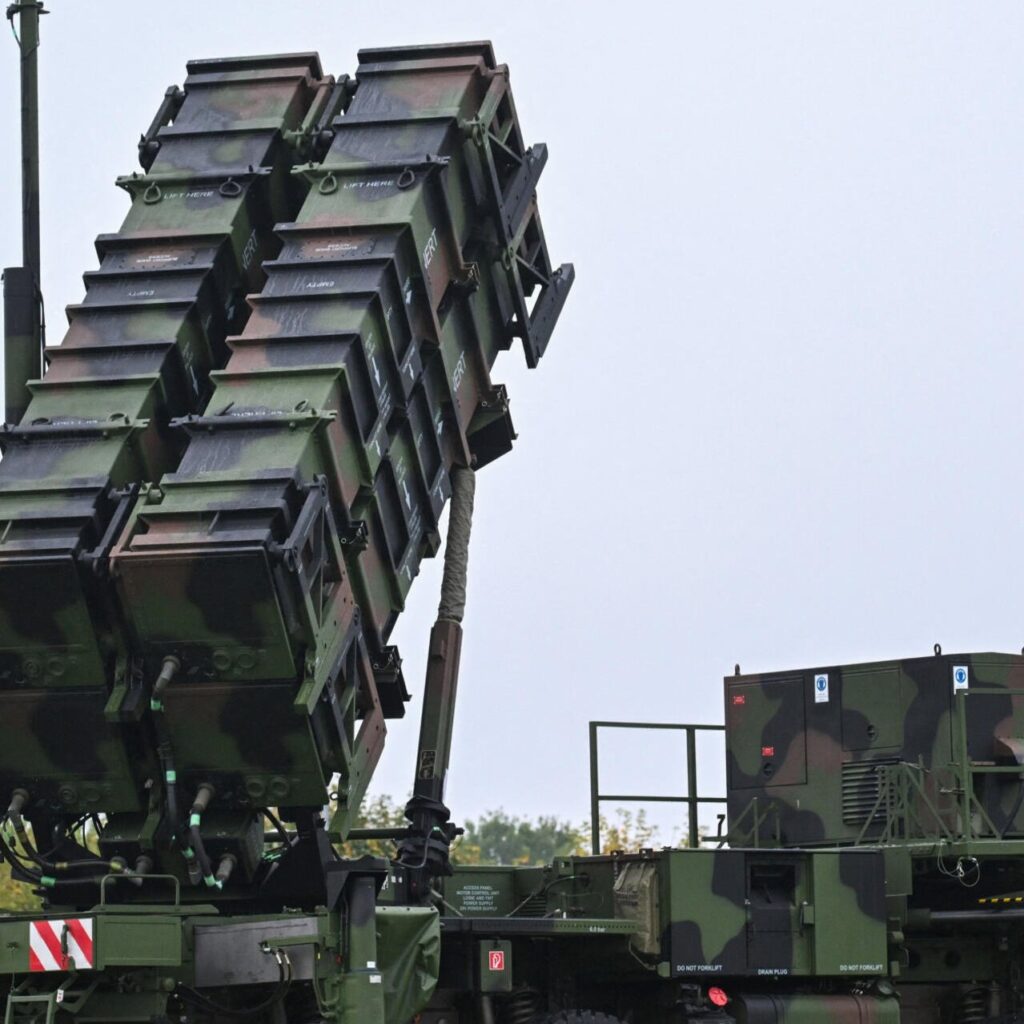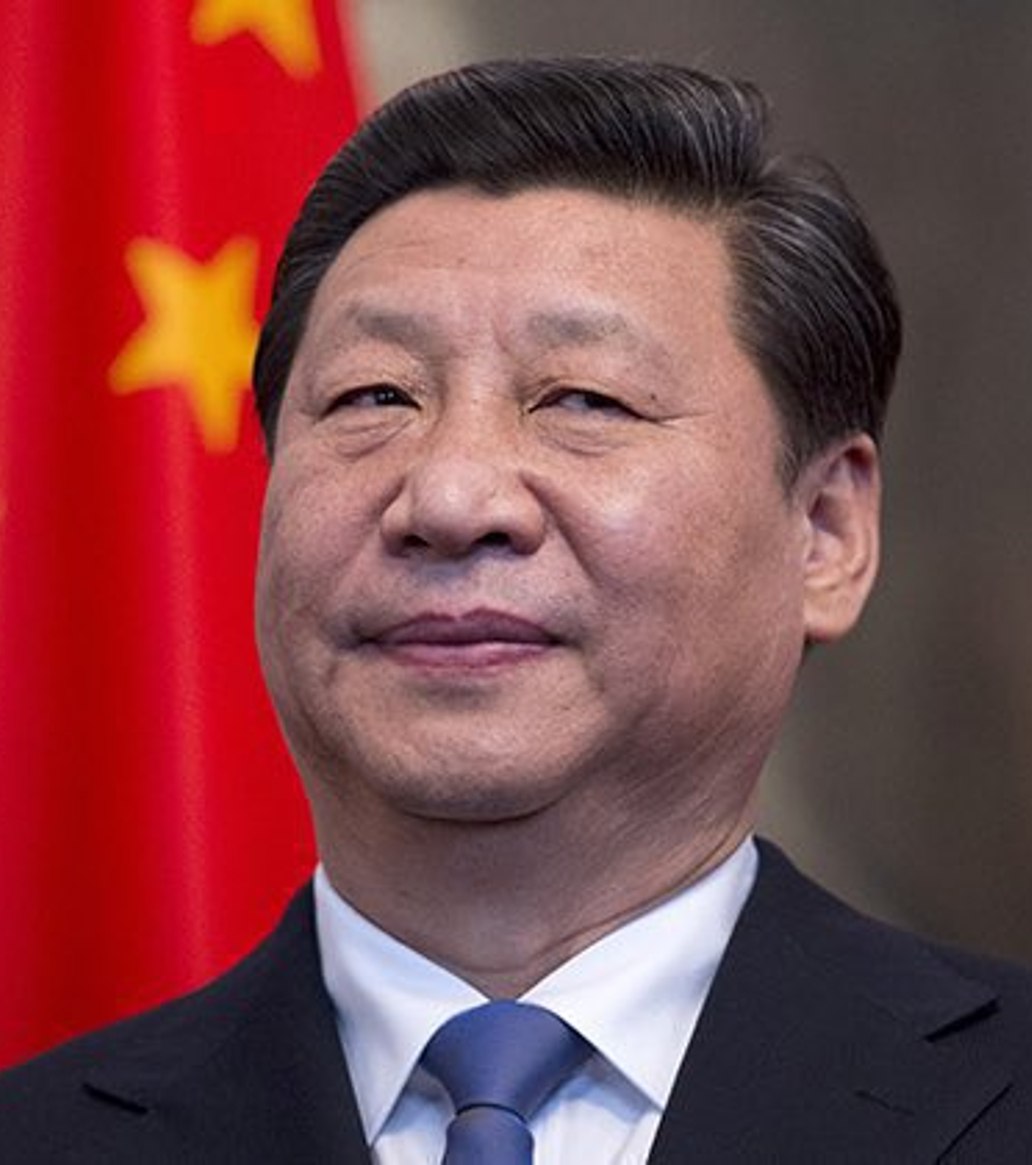China Calls Reports of Missile Delivery to Iran “Baseless Lies”
Beijing has issued a strong and carefully worded denial over recent media claims that it supplied the HQ-9B air defense system to Iran — a story that gained traction in global defense circles over the past week.
In a formal statement from the Chinese Ministry of Foreign Affairs, the spokesperson categorically rejected the allegations, calling them “fabricated, malicious rumors” intended to “distort China’s global image and provoke unnecessary tension in the Middle East.”
This is not a half-hearted dismissal. China’s reaction was immediate, firm, and unusually pointed, signaling that the Chinese leadership sees the report not just as inaccurate — but as potentially part of a geopolitical smear campaign.
—
What Exactly Did China Say?
The response came during a press briefing in Beijing, where Foreign Ministry spokesperson Lin Jian addressed the issue head-on.
> “China has neither supplied nor agreed to supply any long-range air defense systems to the Islamic Republic of Iran. Reports claiming otherwise are false, speculative, and clearly aimed at misleading international opinion.”
He further added:
> “China conducts its military and defense cooperation with strict adherence to international law, U.N. resolutions, and a policy of non-interference in the internal affairs of other nations.”
By emphasizing legal compliance and non-interference, China is reminding the world — particularly the U.S. and its allies — that its foreign defense relations are not illegal or irresponsible, unlike how they’re often portrayed in Western media.
—
Why This Denial Matters So Much
Beijing doesn’t always respond so directly to international media speculation — especially not when it comes from unofficial or anonymous sources. So why now?
Because this story hits multiple pressure points for China:
1. It implies China is actively militarizing Iran, a country already at odds with the U.S., Israel, and Gulf states.
2. It suggests China is bypassing international arms agreements, especially regarding missile and air defense technology.
3. It undermines China’s carefully constructed image as a neutral player in Middle East affairs.
By issuing a direct and unequivocal denial, China is trying to protect both its diplomatic neutrality and its commercial credibility in the Middle East, where it is heavily invested in oil infrastructure, energy partnerships, and economic diplomacy.
—
What’s the Real Message Behind the Denial?
This denial wasn’t just about the facts. It was also a diplomatic message to multiple audiences:
To Iran: “We’re your strategic partner, but we won’t openly compromise ourselves for you.”
To the U.S. and Israel: “We are not giving Iran the kind of tech that would change the regional balance.”
To the global market: “Don’t accuse us of illegal weapons transfers — our international credibility matters.”
In this sense, China’s denial isn’t just damage control — it’s an attempt to draw a red line between economic alignment and military provocation.
—
Strategic Timing: Why China Needed to React Quickly
The timing of the denial is also telling. The story broke just as Israel increased its strikes in Syria, and Iran’s Revolutionary Guard launched new military drills. A confirmed weapons delivery would have added fuel to an already volatile region — and painted China as a silent actor stoking the fire.
Moreover, the United States is in the middle of reassessing its sanctions policy on Iran, and any Chinese involvement in Iranian military growth could have led to secondary sanctions on Chinese defense firms or logistical channels.
In short, the cost of silence was too high. So China spoke — and did so in no uncertain terms.
—
China’s Record on Arms Sales: What History Tells Us
Though China is known to sell arms, it’s very selective when it comes to who receives advanced systems like the HQ-9B.
It has sold lesser variants to countries like Pakistan and Turkmenistan.
It has declined to export such systems to states considered high-risk for escalation.
It usually announces major military exports officially, often through state media or government contracts — which hasn’t happened in Iran’s case.
So far, there has been no official record of any HQ-9 variant sale to Tehran, strengthening Beijing’s denial.
—
What Happens Now?
Even with the denial, questions will remain. That’s how modern geopolitics works — rumors circulate faster than facts, and perceptions often drive reality.
However, with China’s firm public statement:
It becomes less likely that Iran has actually received HQ-9Bs, at least not through official channels.
Western governments and defense analysts will now shift their focus to monitoring secondary arms routes, including covert transfers via third-party states.
Iran may look to Russia or North Korea instead for advanced air defense options — especially after Moscow’s recent willingness to supply high-end equipment to sanctioned allies.
—
Final Word: Denial That Echoes Loud
In an era of blurred lines between fact and propaganda, China’s loud and detailed denial of supplying missile systems to Iran is worth more than just a headline. It’s a statement of posture — a reminder that even Beijing, with all its growing power, still walks carefully when global tensions flare.
Whether the rumors were planted, misunderstood, or based on partial truths, one thing is clear:
China wants no part in being blamed for the next Middle East war.


